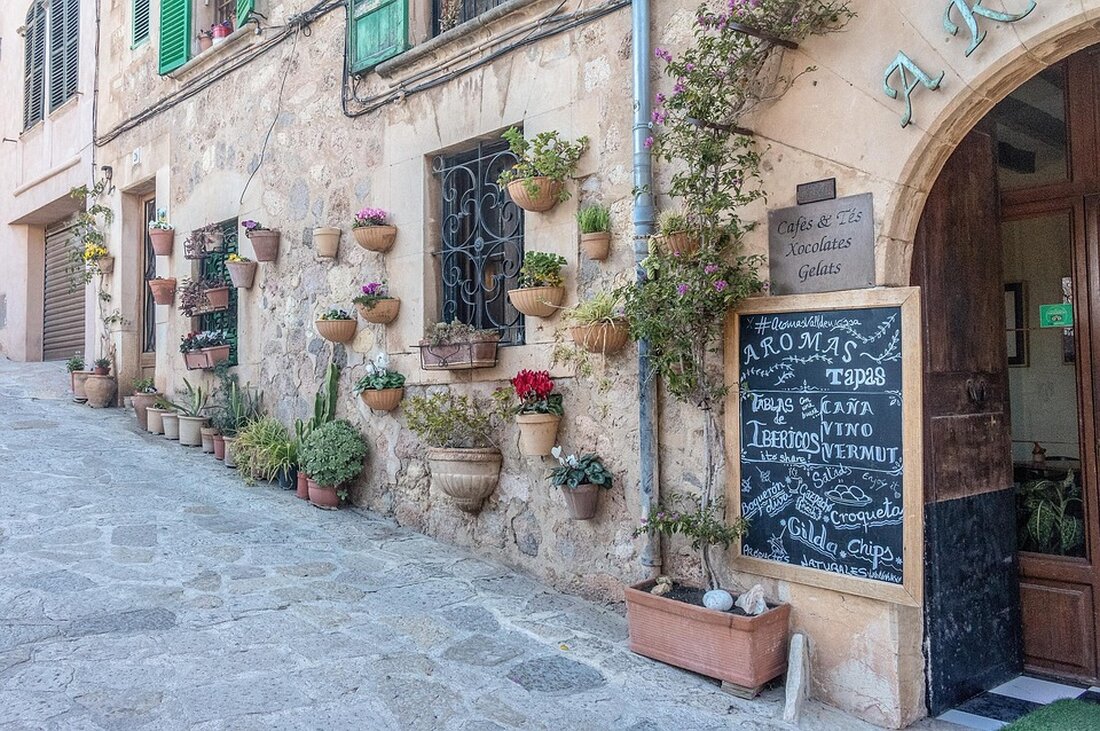Mallorca in sewage chaos: holidaymakers suffer from closed beaches!
Mallorca is struggling with serious sewage problems, the beaches are at risk of being closed. Demands for sustainable solutions are becoming louder.

Mallorca in sewage chaos: holidaymakers suffer from closed beaches!
The Balearic island of Mallorca continues to struggle with a significant wastewater problem that remains unsolved despite the high income from tourism. According to information from Lokalkompass.de At the end of 2022, the “Tank of Storms”, an underground basin that is intended to collect excess wastewater during heavy rain, was put into operation. However, during heavy rains, raw sewage continues to flow into several bays, including Palma and Arenal.
These circumstances not only lead to closed beaches, but also cause discontent among holidaymakers and locals. Informal evidence suggests that the red flag should have symbolic brown stripes on these days. The demand for more investment in sustainable solutions to improve the wastewater situation is becoming louder and louder.
Frequent heavy rainfall and their effects
The problem becomes particularly acute in the autumn months, when drops of cold air often pass over the island. During this time, the children's song "It's raining, it's raining..." in Palma will end with "... the beach is closed", like mallorcazeitung.es reported. In August, during the high season, a "swimming ban" was declared on the city's beaches for the ninth time this year because the system that drains rainwater and untreated sewage was overloaded.
Despite the establishment of the storm overflow basin in Coll d'en Rebassa, 35,000 cubic meters of polluted water have not yet been successfully kept away from the sea. The problem is not only evident off Palma, but also in other places on Mallorca, such as Sóller and Pollença.
Policies and investments
Juan Manuel Lafuente, the state minister for the sea and the water cycle, has a clear “zero dumping” policy. A comprehensive investment plan is intended to ensure that no more untreated wastewater is discharged into the sea. This is financed by revenue from tourist tax, EU funding and wastewater tariffs. Municipalities should have 20 million euros available every year to modernize the pipeline network.
A central point in the discussion is the modernization and expansion of the EDAR II sewage treatment plant, for which 150 million euros in financing has been secured - 80% from EU funds and 20% from the central state. The capacity of the wastewater treatment plant is to be increased to 135,000 cubic meters per day within five years. In addition, a separate sewer system for rainwater and wastewater is necessary, although projects are in different stages. In the Son Castelló commercial area, the separation of the sewer system is half complete and should be completed by May 2025.
In the Ensanche area, work to disconnect the lines will start in 2024 and is expected to be completed in three years, while a project to disconnect the lines in the old town could take 15 years to complete. Additional rainwater retention basins are planned, including one opposite the cathedral and another near the naval base at Porto Pi.
A new pipeline that will discharge treated wastewater four kilometers from the beach is estimated to cost 40 million euros. This project is expected to be presented in April, but completion is not expected until October 2027 at the earliest. Marine conservationists criticize that the long-term goal of not discharging dirty water into the sea should be achieved, except in exceptional cases.
In order to improve the quality of water and counteract contamination, the central government has approved a project to monitor water management in Palma, which will ensure that the necessary control can be carried out more quickly.

 Suche
Suche
 Mein Konto
Mein Konto